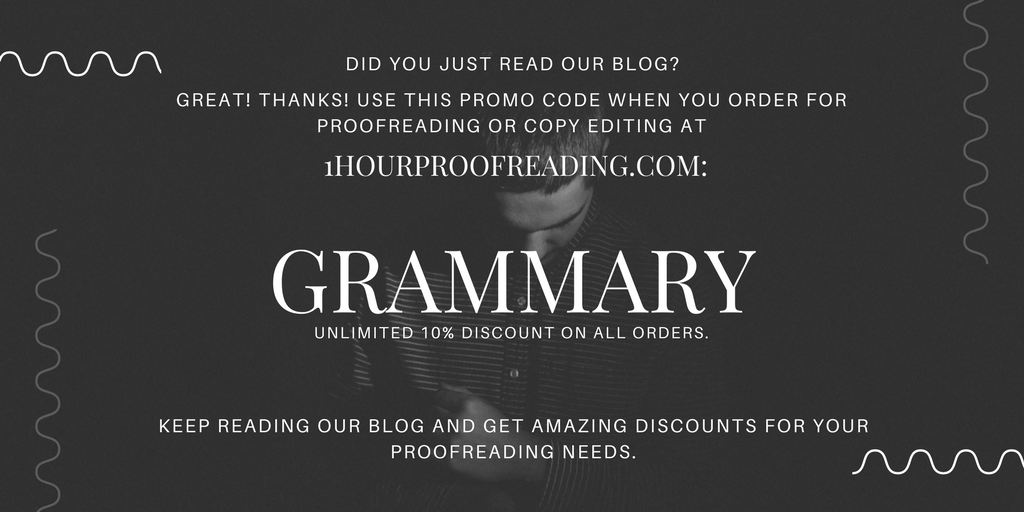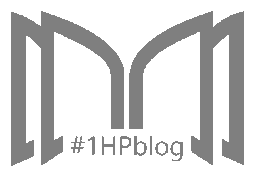Do Blogs Bring Fake News?
Posted on Apr 02, 2019
As people become more politically aware through information on their social media, cries of “fake news” emerge from different camps trying to battle what they feel to be unethical journalism. While these complaints can sound like a public-relations strategy to keep politicos’ names clear of the dirt they’re receiving on the morning papers and the evening news, at face value, it’s a fair-enough concern. After all, it’s no secret that media corporations get to control the way that stories get framed for public consumption. But what about when common people disseminate news through their own social media platforms, like their personal blogs? Do news bloggers escape journalistic responsibility? Are these blogs synonymous with fake news?

A "Fake news” has been a rallying cry of the Trump administration from day 1. On his inauguration, when news outlets were reporting that the crowd turnout was significantly smaller than Obama’s in 2009, he complained that journalists were “among the most dishonest human beings on earth.” He continues to warn against fake news months into his presidency, calling CNN and NBC out for their reportage on calamity-stricken Puerto Rico. In a tweet, he says, “Despite the Fake News Media in conjunction with the Dems, an amazing job is being done in Puerto Rico. Great people!”
But the United States isn’t the only nation seized by this fake-news frenzy. On the opposite side of the globe, the Philippines is grappling with this issue as well, pulling blogging into the center of the debate. In a recent senate hearing about the issue of fake news, Mocha Uson, the assistant secretary of the Presidential Communications Operations Office, dropped a statement that would send the social media world gawking—either in voracious agreement or relentless mockery.
“Blogger po ako, hindi po ako journalist” (I’m a blogger, not a journalist), she claimed, effectively dichotomizing the functions of blogging and newswriting. By labelling herself as a blogger, she disavowed herself from journalistic standards (such as asking for unbiased opinions from both sides of the political divide). It seems that to her, blogging allows her the freedom to write biased news pieces.
News blogs, by virtue of being personal writing, are prone to leaning toward the writers’ political alignments. They can reframe stories to show controversial figures or policies in a better light. They can also do the opposite—write news pieces that bring down celebrated figures and policies. They can be selective in what issues they would like to cover or, if necessary, ignore. They can, of course, write straight-up opinion pieces. They can also alter hard facts if they feel it is necessary to push their agenda.
Fake news thrives in blogs (and social media in general) because most bloggers don’t feel that they will face any real legal consequences even when they spout false statements. These sorts of bloggers who feel no responsibility to account for the truth are dependent on readers who are completely ready to believe anything they say. If they get bandwagon believers, that’s a win. At worst, their blog posts will reach the hands of astute readers responsible enough to fact-check and expose them. In this case, maybe they’ll lose a few readers and tarnish their reputation, but once they turn their computers off, they can forget about their blogs and the misinformation they disseminated online. Life will still go on, even if their blogs die.
But blogs are not exempt from the legal system. Bloggers can and have been sued for defamation and copyright infringement, among other things. The more popular a blog is, the more likely a target for suing it becomes. That said, it’s hard to draw the line between fake news and opinion pieces when it comes to blogs, so while not unheard of, successful libel cases aren’t all that common either. Blogs do often get away with defamatory statements under the guise of opinion.
So perhaps Uson was right, in that news blogging doesn’t really operate under the same standards of credibility as newswriting. Technically, blogs are really just spaces for writers to say whatever they want to say, whether it’s factual or not. News blogs, though burdened by the weight of the word news, are no different from your average TV review blog or your favorite gaming blog. Remember: news blogs are not actual news sources. They can be useful for opinions or for a multitude of political perspectives, but when reading news blogs, always cross-reference them with credible sources.
Just as there are well-written and effortless music blogs, helpful and useless cooking blogs, there will be credible and unapologetically biased news blogs. In the end, all it really comes down to is the blogger’s integrity and the reader’s intelligence.
Looking to set up a news blog of your own and fearing the “fake news” backlash? Fret not. Check out our Blogging Bug series to help you out. If you want to make sure that you have your hard facts straight, consider having your blog entries go through professional editing. 1-Hour Proofreading’s copy-editing service covers fact-checking on top of basic proofreading, so you know your content is both grammatically and factually competent.
Sources:
- Hirschfeld Davis, Julie and Matthew Rosenberg. “With False Claims, Trump Attacks Media on Turnout and Intelligence Rift.” The New York Times. 21 Jan 2017.
- Trump, Donald (realDonaldTrump). “Despite the Fake News Media in conjunction with the Dems, an amazing job is being done in Puerto Rico. Great people!” 30 Sep 2017, 11:04 a.m. Tweet.
Disclaimer: Image is not ours. Credit to the owner.
About 1-Hour Proofreading
1-Hour Proofreading is a growing start-up offering fast and efficient editing services at a reasonable price, with the assurance that the document is publication-ready the soonest you need it. Its team of highly competent professional editors is committed to helping those in need of quality editing services while facing tough deadlines.
Visit 1hourproofreading.com for more details.
Follow us:



